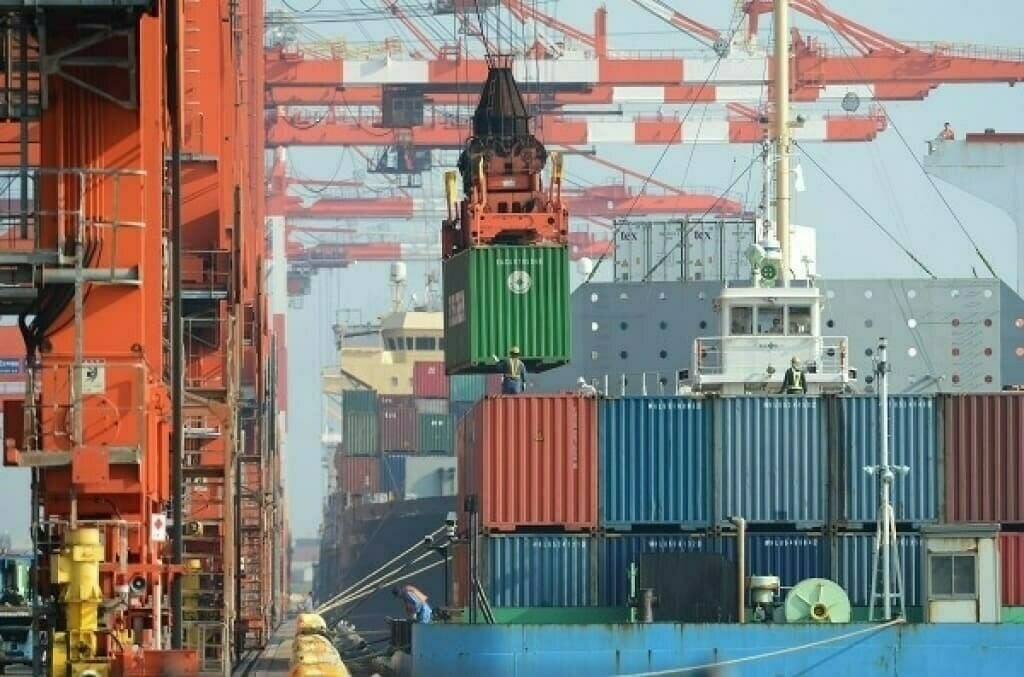PTBP Web Desk
The State Bank of Pakistan (SBP) has announced the withdrawal of its previous directives requiring Authorized Dealers (ADs) to mark a lien on a percentage of delayed export proceeds, a move aimed at facilitating the country’s exporters. The decision follows a formal request from the Rice Exporters Association of Pakistan (REAP).
Under the now-withdrawn policy, exporters who failed to realize export proceeds within the prescribed period were subject to a lien of up to 3 percent for delays up to 30 days, 6 percent for delays between 31 and 60 days, and 9 percent for delays exceeding 60 days. These measures were introduced through FE Circular No. 02 dated March 31, 2023, following an earlier directive in February 2023 that sought to ensure timely inflows of export earnings.
The old arrangement had allowed exporters to bring in delayed proceeds without deductions by April 30, 2023, after which the lien charges applied. ADs were also required to report such cases to the Foreign Exchange Operations Department (FEOD) and, in certain cases, deposit fines from the lien amount as determined by the Foreign Exchange Adjudication Department.
With the latest decision, the SBP has formally withdrawn the directives of FE Circular 02 with immediate effect. It has also instructed all ADs to release amounts previously held under lien in accordance with the withdrawn circular.
Moving forward, ADs are required to submit fortnightly reports of all overdue export bills through Appendix-V20 and Appendix-V21 to the FEOD of SBP-BSC. Additionally, Para 33(ii)(a) of Chapter 12 of the Foreign Exchange Manual has been amended to reflect the changes. The central bank has also directed ADs to inform clients of the revised guidelines to ensure compliance.
The policy reversal came after a high-profile REAP delegation, led by Senior Vice Chairman Jawed Jillani, met SBP Governor Jameel Ahmed on Tuesday at the central bank’s office. The delegation included former REAP chairman Rafique Suleman, Mahesh Kumar, Hasab Raud (Convener, REAP Committee on State Bank Matters), Shahid Memon, Mohaib Moulvi, and members Faisal Garib and Syed Badaruddin Chishti.
During the meeting, Jillani highlighted several challenges faced by rice exporters, particularly the penalties imposed for delays in realizing export proceeds—delays he said were often due to transit times beyond the exporters’ control. He requested that these penalties be waived to support the sector.
Governor Jameel Ahmed responded positively, instructing the removal of the penalties to facilitate rice exporters. Jillani also extended an invitation to the Governor to visit REAP House Karachi and meet with the REAP Managing Committee and leading rice exporters.
Other Exporter Concerns Addressed
Former REAP chairman Rafique Suleman raised concerns over shipping companies charging foreign exchange rates Rs 10 to Rs 12 higher than interbank rates. The Governor urged REAP to provide a formal complaint with documentary evidence so the matter could be addressed.
Member Faisal Garib noted difficulties in accessing the Export Refinance Facility (ERF) from certain banks. The Governor assured the delegation that banks had sufficient ERF limits from the SBP and encouraged exporters to report any refusals by banks to extend ERF financing.
The REAP team also called for action to secure long-pending payments owed to rice exporters in Beirut, Lebanon. Governor Jameel Ahmed informed them that the SBP was already working to resolve this issue.
The meeting concluded with Jillani and Suleman presenting a bouquet to the SBP Governor in appreciation of his support.




